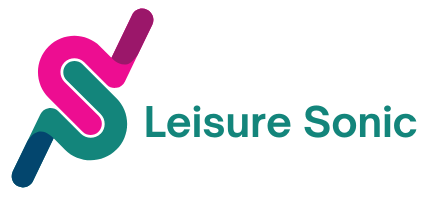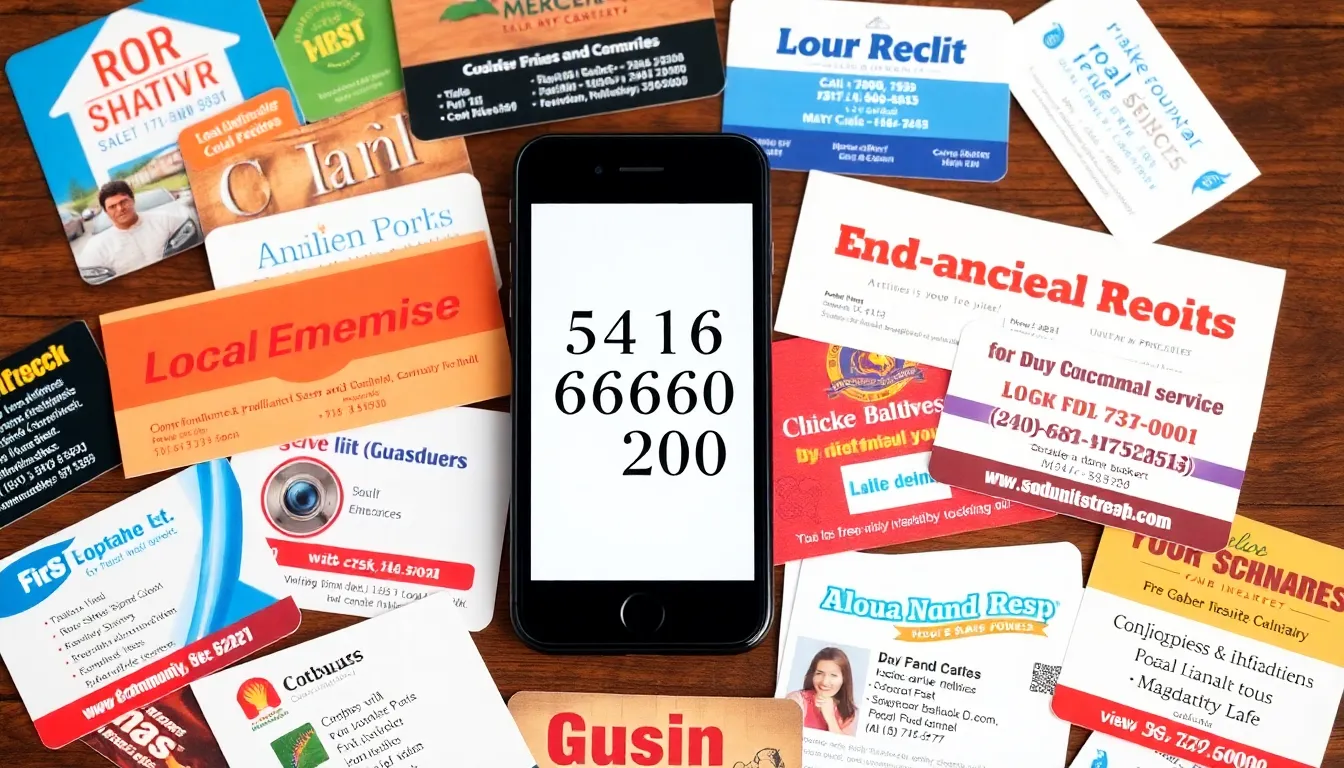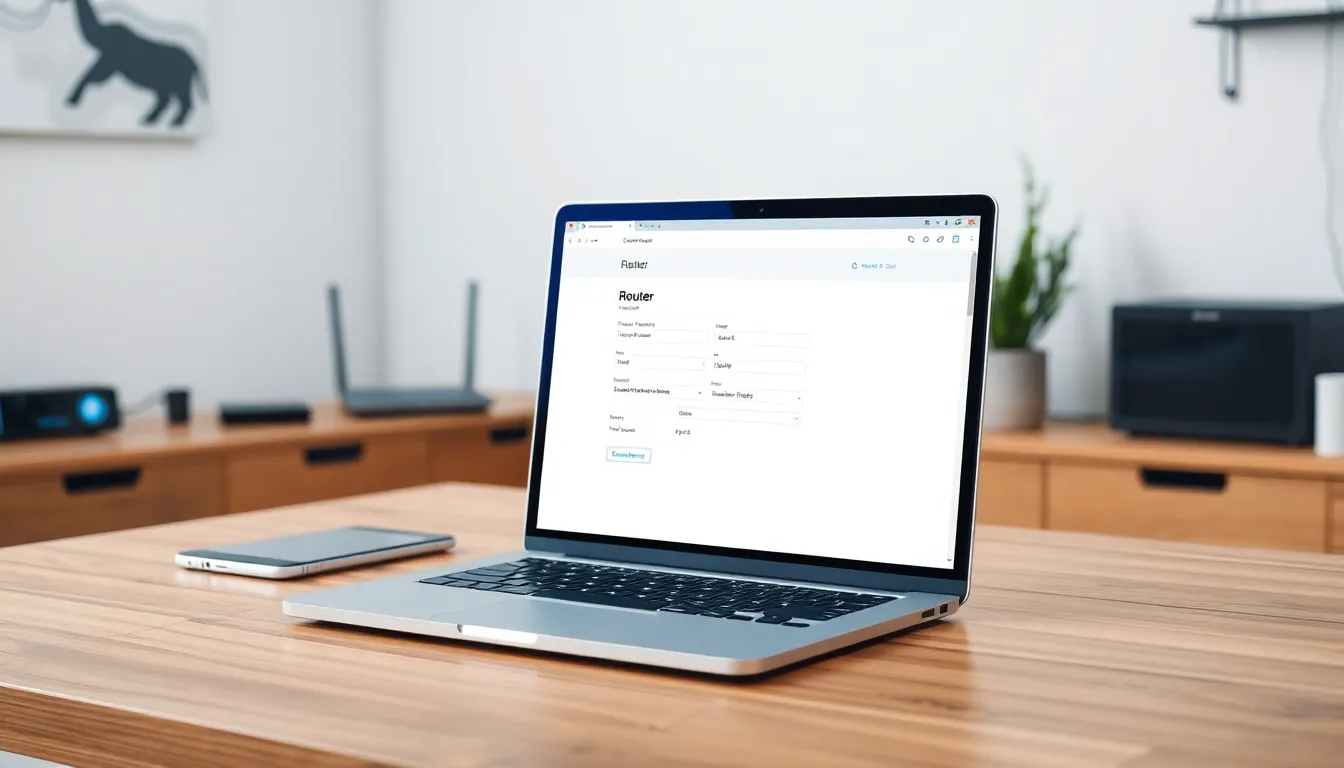Table of Contents
ToggleIn today’s fast-paced world, mobile apps for healthcare are changing the game. Gone are the days of waiting hours in a stuffy waiting room with outdated magazines. Now, patients can access their health information, schedule appointments, and even consult with doctors—all from the palm of their hand. It’s like having a personal health assistant that never sleeps, and it’s ready to help at a moment’s notice.
Overview of Mobile Apps for Healthcare
Mobile apps for healthcare offer diverse functionalities aimed at enhancing patient care and engagement. Users benefit from easy access to health-related information through these applications. Many patients now rely on apps for scheduling appointments, managing prescriptions, and receiving reminders for medication adherence.
Moreover, telemedicine features allow users to consult healthcare professionals directly from their mobile devices. These services enable virtual consultations, which reduce travel time and increase accessibility to specialists. Research indicates that 70% of patients appreciate this convenience, leading to improved satisfaction with the healthcare experience.
Additionally, mobile apps enhance health tracking abilities. Applications for monitoring vital signs, fitness metrics, and chronic disease management contribute to personalized health insights. They often include features for logging symptoms, which aid in proactive health management.
Security and privacy are paramount in mobile healthcare apps. Strict regulations ensure that patient data remains protected. Compliance with the Health Insurance Portability and Accountability Act (HIPAA) demonstrates a commitment to safeguarding sensitive information.
Costs associated with treating preventable conditions decrease when mobile technology is integrated into healthcare. This decrease is achieved through early interventions facilitated by apps that educate and engage users in their health journeys. The rise of mobile health technology continues to evolve, pushing the boundaries of patient-centric care.
Healthcare providers increasingly recognize the importance of these tools, reflecting a broader trend toward digital health solutions. As they adapt to changing needs, mobile apps become essential components of modern healthcare strategies.
Benefits of Mobile Apps in Healthcare

Mobile apps play a significant role in enhancing healthcare delivery. They serve various functions that promote patient well-being and streamline processes.
Improved Patient Engagement
Mobile apps foster deeper connections between patients and healthcare providers. They empower users with tools to track their health, set goals, and stay informed about their conditions. Patients actively engage in their care, leading to better health outcomes. Research indicates that 70% of patients value the convenience of virtual consultations. These consultations allow patients greater access to specialists without geographical limitations. Overall, mobile apps turn passive recipients of care into proactive participants, significantly enhancing satisfaction and adherence to treatment plans.
Enhanced Access to Information
Accessing health information becomes seamless through mobile apps. Users retrieve up-to-date details on medications, treatment options, and procedures directly from their devices. This immediate access allows patients to make informed decisions about their health. It supports their understanding of complex medical concepts, contributing to informed discussions with healthcare professionals. With mobile apps, patients can access personalized health data and educational content tailored to their needs, further enriching their healthcare experiences. Enhanced information availability encourages healthier lifestyle choices, ultimately supporting improved health management.
Types of Mobile Apps for Healthcare
Mobile apps in healthcare fall into various categories that serve distinct purposes and meet patient needs effectively. Understanding these types is essential for maximizing the benefits of digital health solutions.
Telemedicine Apps
Telemedicine apps facilitate remote consultations between patients and healthcare providers. Patients can initiate video calls, chat, or send messages to discuss health issues without requiring an in-person visit. Research indicates that 76% of patients find telehealth services useful, as they provide increased flexibility in scheduling. Many apps allow access to specialists across various fields, enhancing comprehensive care quality and reducing wait times. Users benefit from the ability to receive prescriptions electronically, providing immediate access to necessary medications.
Medication Management Apps
Medication management apps help users keep track of their prescriptions and dosages. They send reminders for taking medications on time, serving as a digital pillbox. Several apps allow patients to scan labels to input medication details easily. This functionality promotes adherence to prescribed treatments, ultimately improving health outcomes. Reports show that 50% of patients forget to take their medications as directed, highlighting the importance of these apps. Some apps offer features for tracking side effects, allowing users to report their experiences directly to healthcare providers.
Challenges in Implementing Mobile Apps
Implementing mobile apps in healthcare brings several challenges that need addressing to maximize their potential.
Privacy and Security Concerns
Privacy remains a top concern for users of healthcare apps. Many patients worry about the potential for data breaches, given the sensitivity of personal health information. Compliance with regulations like HIPAA is essential for protecting this data. Developers face the challenge of ensuring robust security measures. Encryption and secure user authentication methods are vital for safeguarding information. Research indicates that nearly 60% of patients are reluctant to use apps due to privacy fears. Trust in app security directly impacts patient adoption and engagement with technology.
User Adoption Issues
User adoption poses another significant challenge for mobile healthcare apps. While these apps offer convenience, not all patients are comfortable using them. A study shows that 25% of older adults struggle with technology, limiting their engagement. Furthermore, individuals often lack awareness of available app functionalities. Assisting users through tutorials or support can enhance their experience. Fostering a supportive environment encourages patients to utilize these apps consistently. It’s crucial for healthcare providers to promote mobile app benefits and demonstrate their ease of use.
Future Trends in Mobile Healthcare Applications
Wearable technology will significantly influence mobile healthcare applications. Wearables can track vital signs, physical activity, and even sleep patterns, providing real-time data to users and healthcare providers. These devices enhance the experience by enabling continuous monitoring and immediate feedback.
Artificial intelligence (AI) is transforming patient engagement in mobile apps. AI algorithms can analyze user data to offer personalized health recommendations. Users benefit from tailored insights that encourage healthier behaviors and adherence to treatment plans.
Incorporating telehealth features continues to grow in importance. Increased demand for remote consultations influences app developers to enhance video quality and usability. Many patients appreciate the convenience of connecting with healthcare professionals from home, leading to a rise in telehealth adoption, with 76% finding it useful.
Data security enhancements are critical as app usage rises. Developers must implement advanced encryption techniques to protect sensitive health information. Given that nearly 60% of patients express privacy concerns, prioritizing security becomes essential for building user trust.
Interoperability between apps and healthcare systems will shape the future landscape. Seamless data sharing across platforms allows healthcare providers to access comprehensive patient information. Enhanced access promotes informed decision-making, benefiting both patients and their care teams.
Engagement through gamification elements is gaining traction. Utilizing rewards and challenges can motivate users to maintain healthy habits. The inclusion of these features makes caring for one’s health more accessible and enjoyable.
The integration of mental health support in mobile apps reflects growing awareness. Many applications offer meditation guides, therapy chat features, and mood tracking. These resources allow users to manage stress and mental well-being, acknowledging the importance of holistic healthcare approaches.
Future trends in mobile healthcare applications focus on personalization, security, and accessibility, shaping the way patients manage their health and interact with providers.
Mobile apps are set to redefine the healthcare landscape by enhancing accessibility and empowering patients. As users increasingly rely on these tools for managing their health, the demand for secure and user-friendly applications will continue to grow.
The integration of advanced technologies like AI and wearable devices will further personalize healthcare experiences, making it easier for individuals to stay informed and engaged in their health journeys.
Addressing privacy concerns and improving user adoption will be crucial for maximizing the benefits of mobile healthcare apps. As the industry evolves, these applications will play an essential role in promoting proactive health management and enriching the patient-provider relationship.





